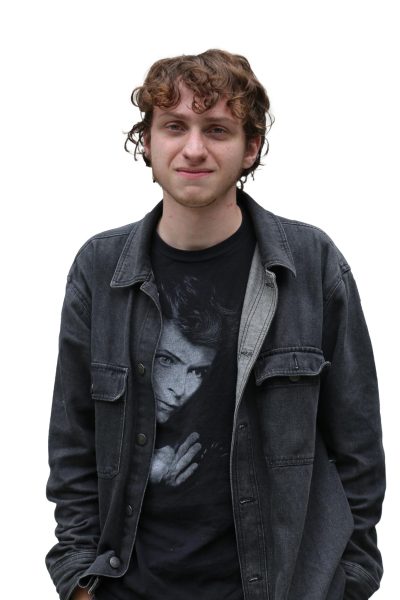 For many Jewish college students like myself, September and October can be a period of stress independent from starting a new school year. Around the world, Jews and Jewish students face the complexities of the Jewish High Holidays — a time in which Jews must look to the prospects of reflection, renewal and seeking forgiveness.
For many Jewish college students like myself, September and October can be a period of stress independent from starting a new school year. Around the world, Jews and Jewish students face the complexities of the Jewish High Holidays — a time in which Jews must look to the prospects of reflection, renewal and seeking forgiveness.
The first holiday Jews celebrate during this time is Rosh Hashanah, or the Jewish New Year, which took place from Oct. 2-4 this year. Although the holiday is commonly a joyous celebration of the new year to come and its many optimistic endeavors, it can be just as stressful as the New Year in the Gregorian calendar, its the cultural emphasis on creating resolutions. Jewish people throughout the world come together during Rosh Hashanah to ask themselves, “How can I improve myself?” or “How can I become a better family member?” The beginning of the new year is exciting for Jews, and, similarly, college students, as they start the school year, with many seeing the future as a means of bettering themselves.
Following Rosh Hashanah is Yom Kippur, or the “Day of Atonement.” Yom Kippur takes place from Oct. 11-12 this year, and, unlike Rosh Hashanah, this holiday concentrates on recognizing wrongdoings from the past year and seeking forgiveness. During this holiday, many Jews visit their local synagogue to ask forgiveness from God for their apparent misdeeds and fast as a form of atonement and redemption. Yom Kippur is more introspective and solemn than Rosh Hashanah, and places an emphasis on interconnectivity with God, which is why many Jewish scholars consider it the holiest day of the year.
Along with a few more holidays around this time, Rosh Hasanah and Yom Kippur contribute to the existence of stress for many Jewish adults, whether for students or professors. To alleviate some of that stress, it is key to have a flexible network from students, professors and administrators alike that supports the Jewish members of our St. Joe’s community.













































